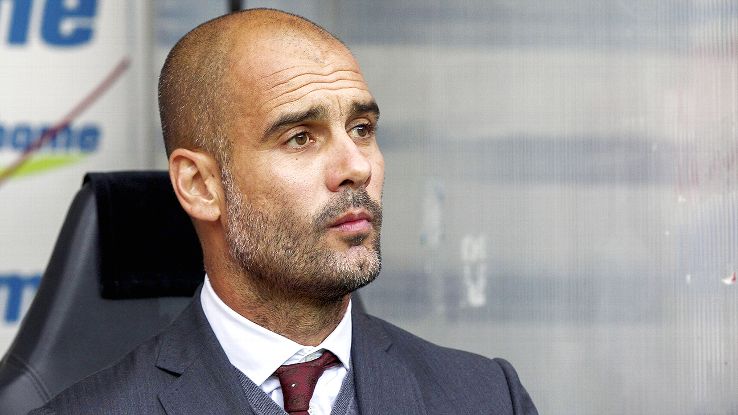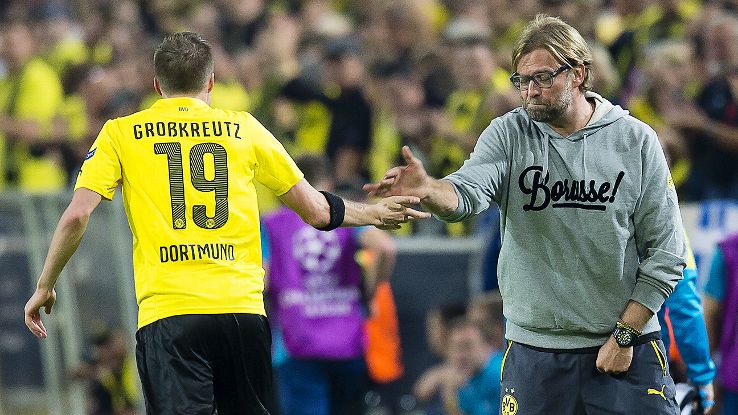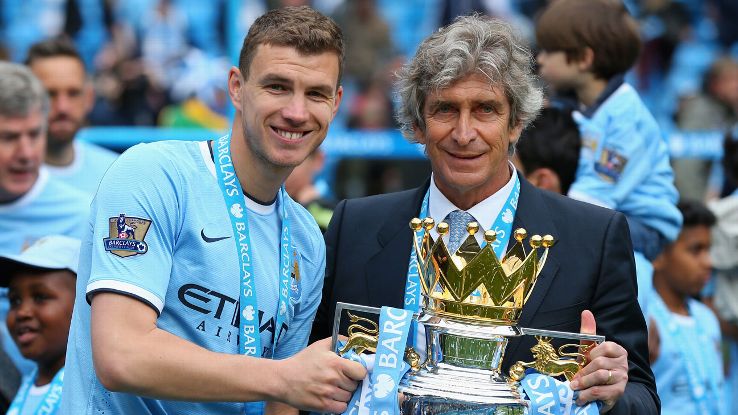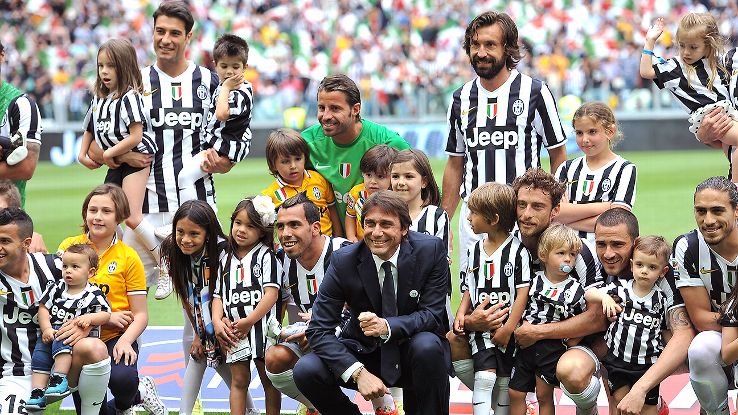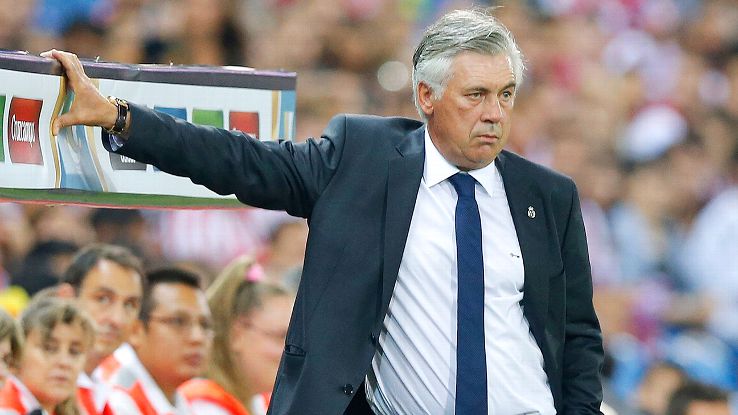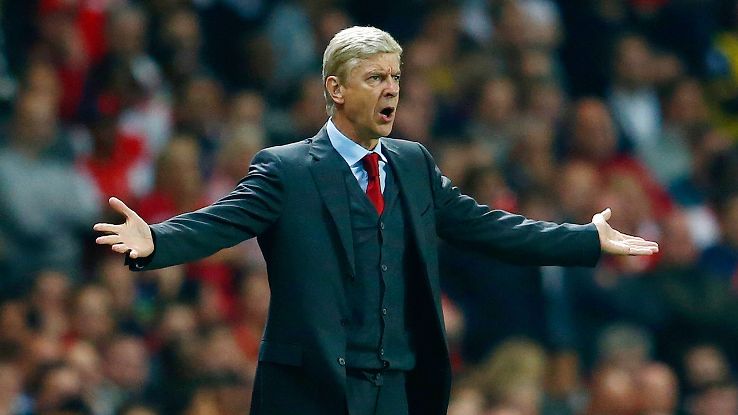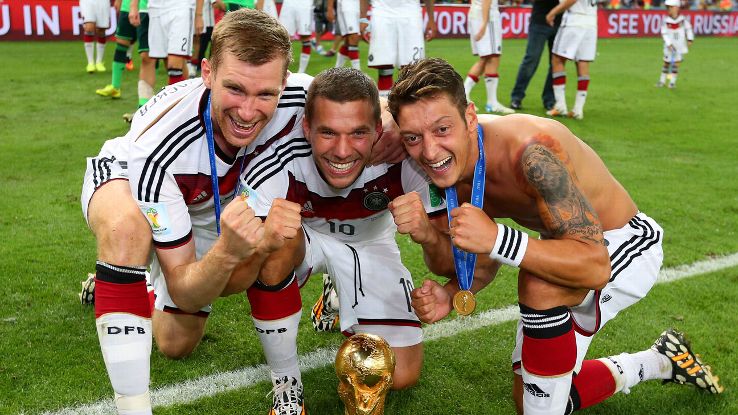
As the final minutes of transfer deadline day ticked by last month, Arsenal manager Arsene Wenger and Manchester United chief Louis van Gaal found themselves in a race against time to sign yet more attacking stars.
Radamel Falcao's move to Old Trafford triggered their sale of Danny Welbeck to Arsenal, yet the reality for both managers must have been that their high profile deadline day swoops were not the players that were top of their most wanted list in what was a lavish summer of transfer spending for the Premier League's top clubs.
Indeed, the days since those late night deals for Falcao and Welbeck were concluded have served to confirm that both Wenger and Van Gaal have left themselves dangerous short of cover at the other end of their team. While both have come under fire for their failure to bolster the centre of the defence, the reality may be that this apparent negligence was, in fact, unavoidable.
Injuries have conspired to ensure that United have been forced to dip into their junior ranks to plug holes in their defensive line, with their 5-3 defeat at Leicester offering galling evidence that Van Gaal's plans are being derailed by back line woes.
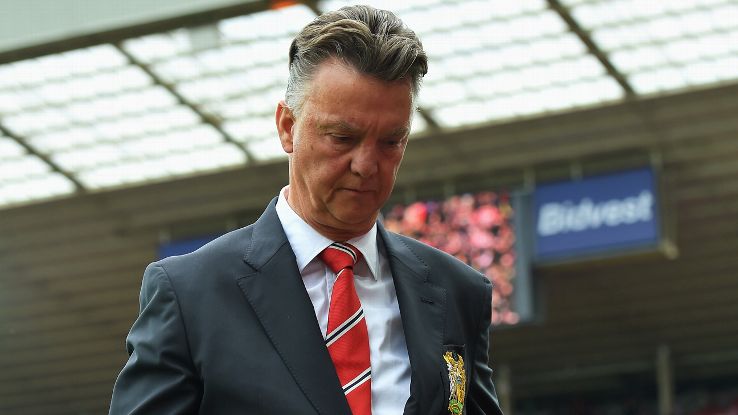
Meanwhile, Wenger has been nursing a less than fully fit Per Mertesacker through games in the knowledge that his defensive options are desperately thin after the German powerhouse, or that his regular centre-back partner Laurent Koscielny will break down any time soon.
Yet when I suggested to the Arsenal manager that the only reason he did not sign a central defender to replace the departed Thomas Vermaelen was due to a lack of suitable talent, the response from the Frenchman was as honest as it was thought provoking.
"You sum up the situation we faced in the summer very well," he said with a smile. "People say we should buy defenders, but there is not a lot on the market and if you look at the other clubs, they had exactly the same problem as we did. Everybody is looking for defenders and everybody couldn't find any.
"I feel that we made a very good buy with Calum Chambers [from Southampton] and we are a bit unlucky to lose [Mathieu] Debuchy and [Nacho] Monreal at the same time. No matter how many players you buy, you cannot have three players in every position because it is impossible to manage."
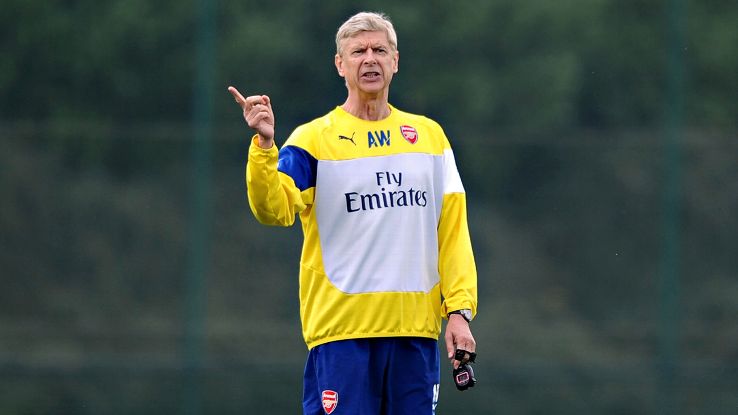
Wenger's reluctance to splash the cash in the transfer market has long been used as a stick to beat him with, but he has proved that his prudence is now being cast aside with the lavish signings of Alexis Sanchez and Mesut Ozil in the last couple of seasons.
Likewise, United showed their spending power with more than 150 million pound investment in players in recent months, yet neither club found players to build their teams around. That is no coincidence as this point in time appears destined to go down in the history of the game as the generation that lacked true defensive leaders.
Amid all the transfer activity of 2014, one deal that highlighted a recurring trend in the game was Paris Saint-Germain's decision to spend an unprecedented 50 million pounds to sign David Luiz from Chelsea.
Here was the single transfer that offered up conclusive confirmation that football has taken a turn of direction in the last decade, with applications to the school for producing top quality defenders woefully down in numbers amid a worldwide void of talent.
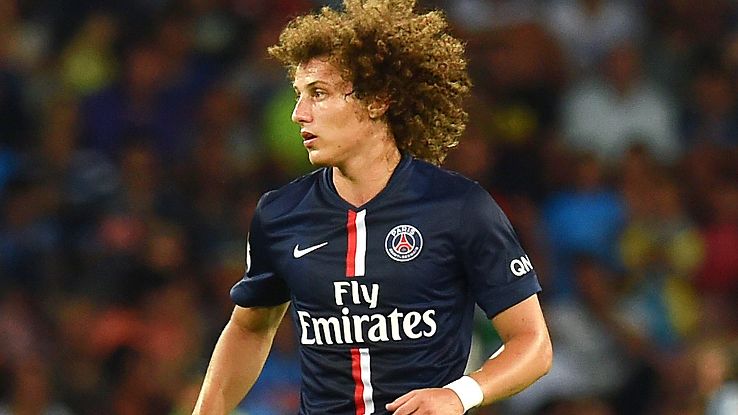
Spain and Barcelona's success in passing their way to glory on the international and domestic stages changed the landscape of modern football, with defensive responsibility replaced by a daring and somewhat reckless plan to outscore your opponents with avalanches of goals.
For us neutrals looking on, it has been a delight to be thrilled by attack-minded teams who replaced defensive tactics with garish attacking ambition, yet those tactics have encouraged the demise of the traditional centre-back and replaced them with ball playing flair players/liabilities of Luiz's ilk.
Long gone are the days when Arsenal built their success around the likes of Tony Adams and Martin Keown, when Irish great Paul McGrath was strutting his stuff at Manchester United and Aston Villa or when Gary Pallister and Steve Bruce put United manager Sir Alex Ferguson on the map as a Premier League winning manager.
In their place stands a clutch of expensively assembled teams whose tactics are thrillingly simple, yet notching more goals than your opponents in high scoring matches on a consistent basis is a plan laced with peril.
Any team scoring 101 times in the Premier League could have expected to be hosting a title-winning party in their back yard in the second weekend of May, yet Brendan Rodgers and his Liverpool team did just that last season and were still left to reflect on what might have been after allowing 50 goals to slip through at the other end of the pitch.
When push and shove collided and they dared to believe they were closing in on improbable title glory, a reminder of the less glorious era of the game came to haunt Rodgers and his players, with Chelsea perfectly executing a carefully-planned operation to win at Anfield and hand the title to Manchester City on a plate.
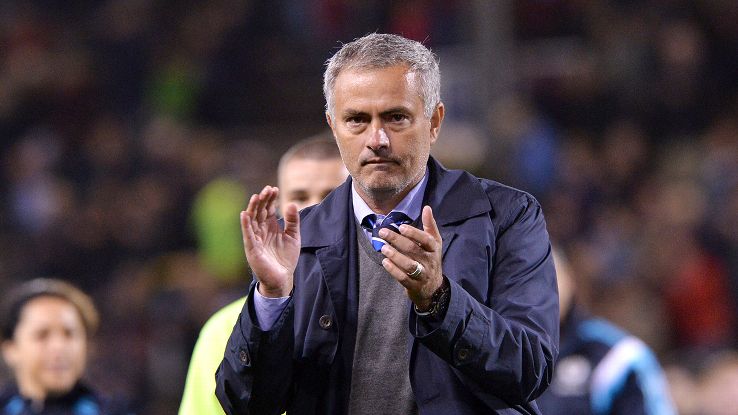
Defending may be a dying art, but Blues boss Jose Mourinho is one of the few tacticians in the modern game who has highlighted that there is still a place in the game for teams to thrive playing meticulously thought out counter-attacking football. It provides the perfect antidote to teams that need goals to fuel their confidence.
However, the overriding evidence confirms that every kid bursting through the ranks in 2014 wants to be the next Lionel Messi, the next Cristiano Ronaldo. Very few want to be the next Franz Beckenbauer or the new Nemanja Vidic.
So while Wenger and Van Gaal are being questioned for their lack attention to their defensive line, both may end up ruing the reality that their extended careers continued into the era when top quality defending became a dying art.
Football's best central defenders
John Terry [Chelsea] - At the age of 33, Chelsea skipper Terry is a blast from the game's past, with his rugged attitude, fine reading of the game and never-say-die spirit carrying him to glories aplenty at Stamford Bridge.
Vincent Kompany [Manchester City] - Like Terry at Chelsea, Kompany has led the City charge towards title glory in recent years and his presence is most evident when he is absent. Warriors like this Belgian appear to be a dying breed.
Mats Hummels [Borussia Dortmund] - This German World Cup winner is not a flawless centre-back and is prone to mistakes, but his demeanor and refusal to give in to a challenge makes him one of the best in the world right now.
Gerard Pique [Barcelona] - It is fair to assume Pique would not have made a top ten list of defenders in the days when tackling power and leadership abilities were high on the agenda, but this is an example of the 2014 version of a centre-half. He starts as many attacks as he halts.
Raphael Varane [Real Madrid] - One of the rising stars of defending in the world game, Varane is a polished performer at the age of 21. There is more to come from him and he looks set to be a star for many years to come.
Thiago Silva [Paris Saint-Germain] - Evidence of Silva's brilliance was provided at the World Cup last summer as he was absent for the semifinal against Germany and David Luiz's shambolic display helped to ensure a 7-1 defeat for hosts Brazil. Silva is not perfect defensively, but he is fine a leader.
Who Wenger and Van Gaal could have bought
Eliaquim Mangala - This French international moved from Porto to Manchester City and his 32 million pound price tag was further evidence of the lack of defensive quality available in the transfer market.
Kostas Manolas - This Greek centre back was on Wenger's radar at Arsenal, but he opted to make the move to Roma instead. He is hardly a world-beater, but was the best of an average bunch that were available.
Ezequiel Garay - Long linked with a move to Manchester United, this defender moved to Zenit St Petersburg after ending his stay at Benfica. He could have been a decent option for any Premier League manager.
Mehdi Benatia - Bayern Munich moved quickly to snap up this Moroccan international in a deal with in excess of 20 million pounds. Again, his price tag was inflated by the lack of options in the transfer market.
Diego Godin - A star of the Atletico Madrid success story, they would have been very reluctant to sell this reliable Uruguayan. Yet a hefty offer from United may have persuaded the Spanish champions to do business.

